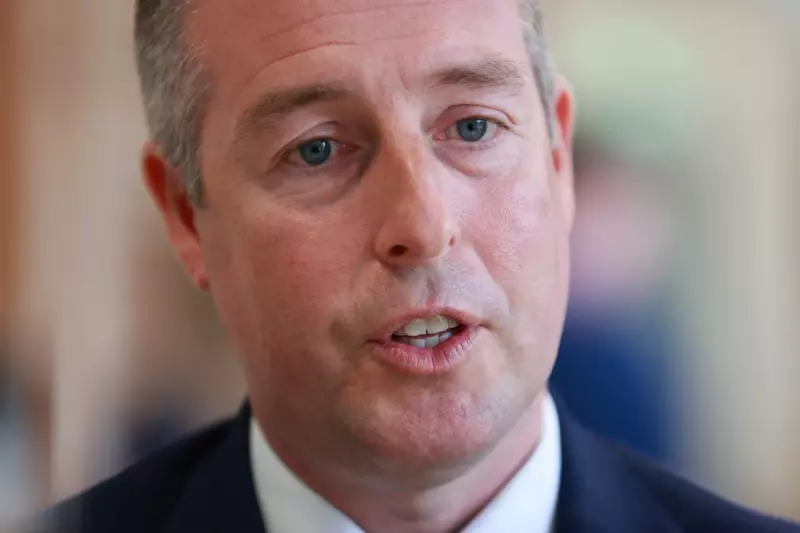
In a seismic ruling that sends shockwaves through Westminster and Belfast, the High Court in Northern Ireland has declared the UK Government's controversial financial support package for the Democratic Unionist Party (DUP) unlawful.
The judgment, delivered by Sir James Royson, centres on a £1 billion package agreed upon in 2017 to secure the DUP's support for Theresa May's minority government during critical Brexit negotiations. The court found the government's actions breached the Baird principles – a legal framework designed to ensure transparency, propriety, and objectivity in the allocation of public funds.
A Breach of Propriety and Transparency
Sir James Royson's ruling was unequivocal. The government's decision-making process was found to be fundamentally flawed, lacking the necessary:
- Transparency: The deal was struck behind closed doors without public scrutiny.
- Objectivity: The funding was not allocated through a fair, competitive process.
- Propriety: The arrangement created a perception of a political 'pay-off' for support.
The case was brought by the non-profit organisation, the Good Law Project, and Sinn Féin MLA, Gerry Kelly, who argued the deal was an opaque attempt to buy political influence.
Political Fallout and Constitutional Ramifications
This landmark decision plunges the UK's post-Brexit political settlement into fresh turmoil. It raises profound questions about the relationship between central government in London and the devolved administrations.
The ruling is a significant victory for campaigners advocating for greater accountability in how public money is used in political agreements. It sets a powerful legal precedent that will likely constrain how future governments can negotiate financial terms with political parties, especially in contexts as sensitive as power-sharing and constitutional stability.
For the DUP and the current UK government, the judgment is a severe embarrassment. It undermines the legitimacy of the 2017 confidence-and-supply agreement and fuels accusations of Tory 'pork-barrel' politics.
What Happens Next?
While the court declared the payments unlawful, it has not yet mandated a specific remedy. The government now faces immense pressure to claw back the funds or face further legal challenges. All eyes are on Whitehall to see how it will respond to this stunning rebuke from the judiciary.
This case underscores the vital role of the courts in upholding constitutional standards and checking executive power, ensuring even the highest levels of government are not above the law.





